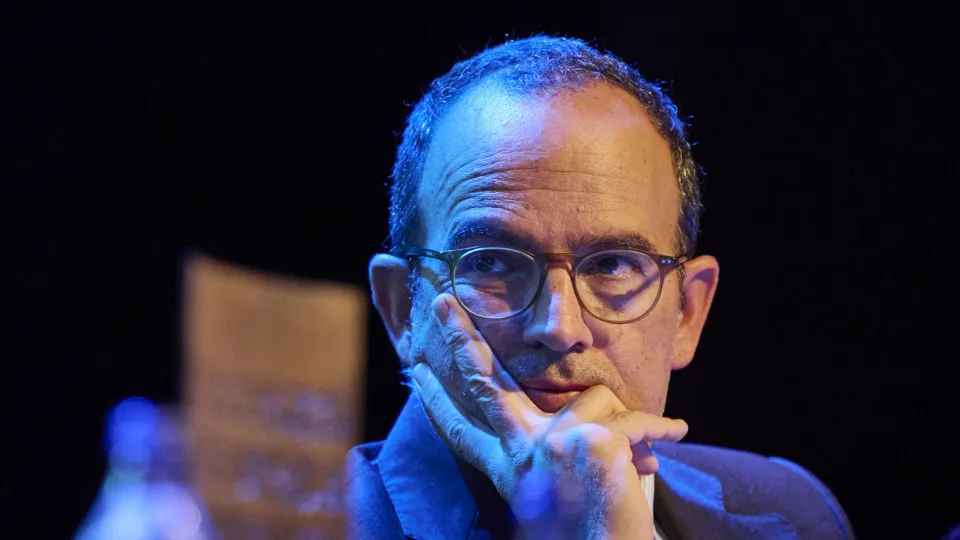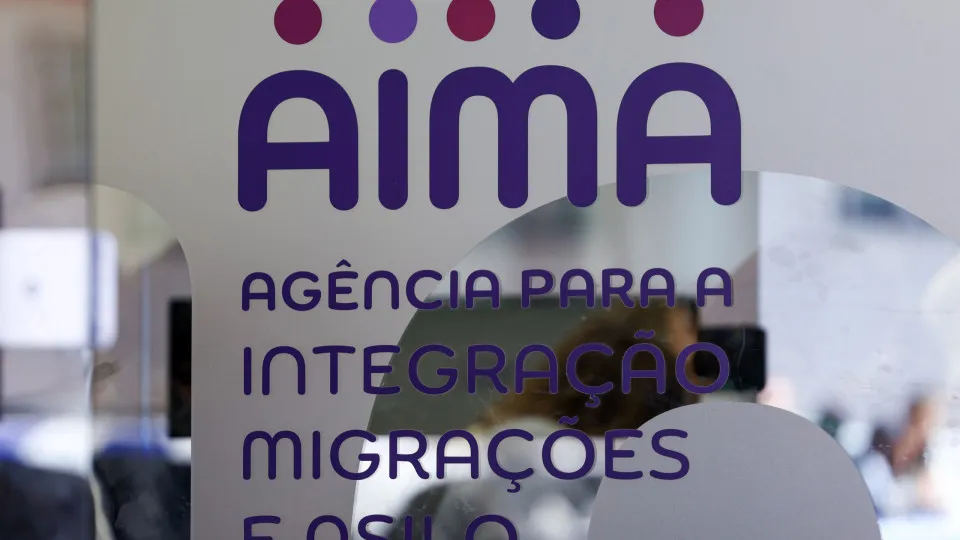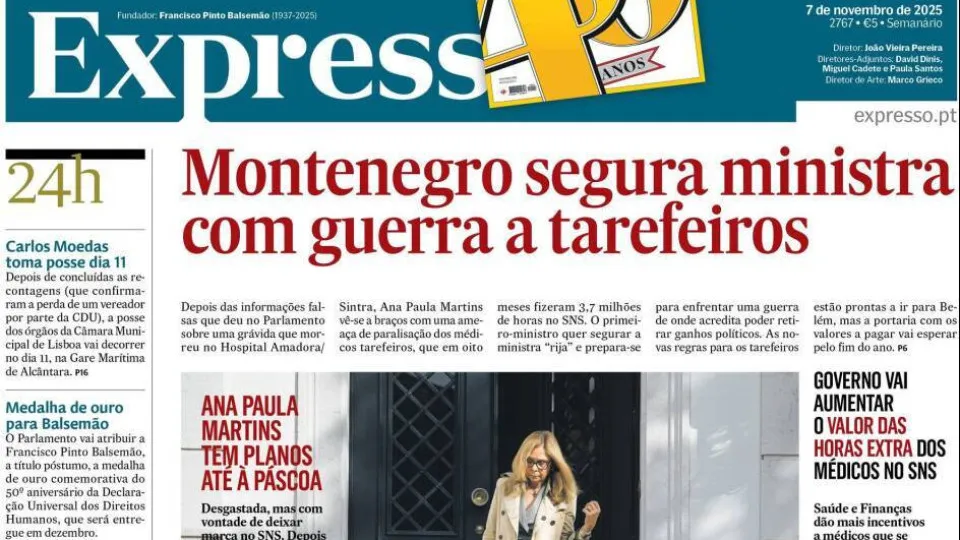
Former minister Pedro Adão e Silva emphasized on Thursday the urgent need for government intervention regarding freelance doctors, as healthcare costs are “skyrocketing” without a corresponding increase in sector efficiency.
During his commentary on CNN Portugal, the sociologist stressed the importance of “combating fiscal inequality” and broad involvement from multiple parties.
“There will only be a solution if negotiated between parties. This needs to be addressed differently. The government is right to highlight the importance of this issue. If Minister Ana Paula Martins—who may be leaving the government—intends to leave a proposal on this topic as her legacy, it is significant but requires a different approach,” he remarked, noting a clear example of the often-discussed abstract “broad regime consensus.”
He further stated the need to include parties, hospital administrators, and sector associations.
The former Minister of Culture in António Costa’s second and final government described the issue of freelance doctors as one of the “most sensitive and serious topics facing the National Health Service (SNS).”
“There are approximately four thousand freelance doctors, representing 12% of the doctors working in the SNS. In emergencies, it might even be half,” he elaborated, acknowledging, however, that the solution is “not easy,” especially given the “obvious” fiscal advantage compared to other doctors.
“Ultimately, this represents the realization of the medical profession’s ideal […]. Freelance doctors return to a liberal dimension of medical practice within the scope of a system and an SNS. They benefit from fiscal advantages, flexible hours, and do not adhere to a hierarchy in the same way,” he explained.
Nonetheless, Adão e Silva argued that these doctors are “absolutely necessary” and, in reference to the Presidential elections, added that decisions about health policies should not be made by the President of the Republic. He warned, however, that “it’s crucial for future mandates to learn this.”
He noted that the costs associated with this situation lead to unsustainable expenses. “What was once an exception will become the norm,” he cautioned, citing the example of “freelance nurses, who are also increasing at a pace that’s difficult to manage.”
The issue resurfaced this week when Público reported on Wednesday that around a thousand freelance doctors were preparing to strike once a decree to reduce their pay was passed by the government.
On Thursday, the movement of freelance doctors rejected the immediate possibility of a general strike, stating their intention to first review the government’s new service provision regime.
Meanwhile, the president of the Order of Doctors, Carlos Cortes, urged the Ministry of Health to meet with freelance doctors, warning that if the threatened strike takes place, the impact on emergency services “will be very significant.”




